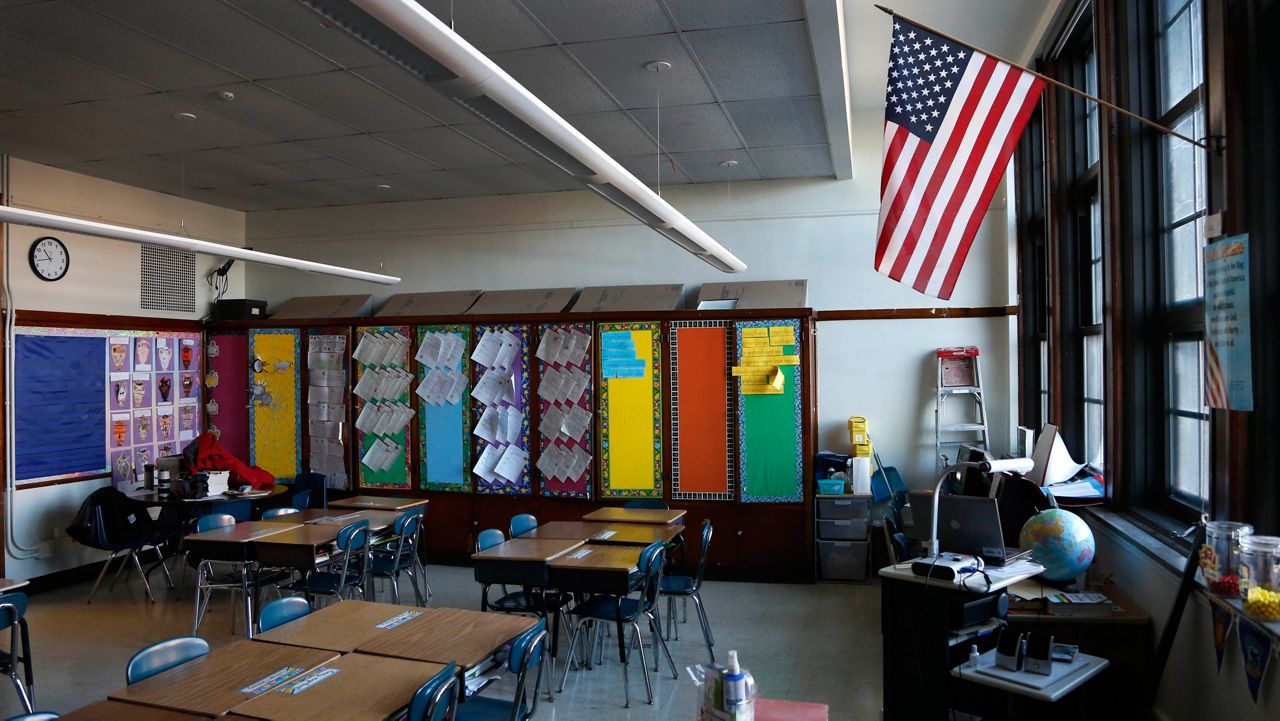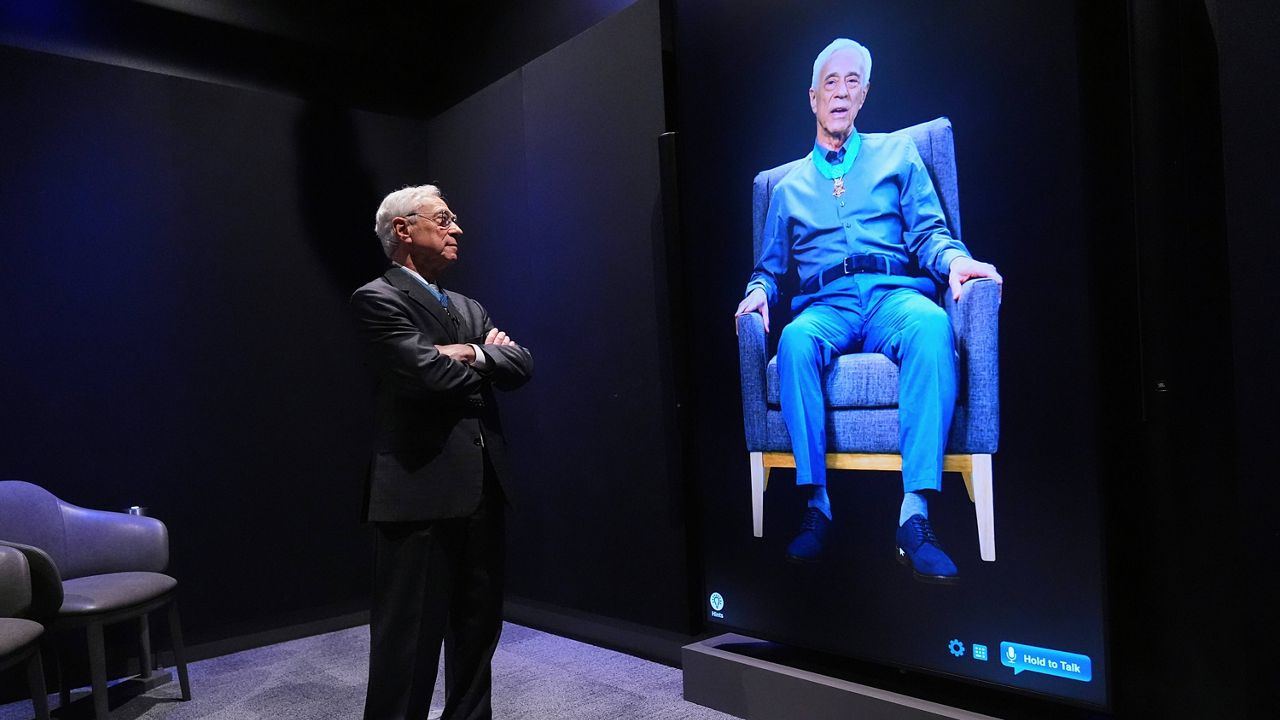DALLAS — In a letter to numerous school districts across Texas, Rep. Matt Krause, R-Fort Worth, is asking for inventory on books that are in their schools. He’s identified 850 of them he said could “make students feel discomfort, guilt, anguish or any other form of psychological distress.”
Krause is asking for school districts to reply with how many copies each district has, where they are, how much the district spent on acquiring them and any other books that could contain topics like sexuality, STDs, HIV/AIDS, explicit images or graphic sexual behavior. Districts have to respond by Nov. 12.
This request comes after “a number of Texas school districts have removed books after receiving objections from students, parents and taxpayers.” It also follows the passage of House Bill 3979, which has been dubbed the “critical race theory law.” The books on Krause’s list largely concern topics like race and sexuality. It’s unknown how Krause chose the books, or the next steps he will take once he receives word from the districts he’s contacted.
Former Dallas ISD librarian Jennifer House is afraid Krause is planning to ban the books on the list, and says he needs to keep his nose out of the bookshelves and instead, focus on keeping school libraries open.
"A more important thing for him to be worried about is not banning books from libraries but actually making sure that schools have libraries. There are 70 schools in Dallas right now without librarians or working libraries because of a push to get rid of them,” House said. "That's a more serious issue to me than banning books that a certain person says might make someone else feel uncomfortable."
House has 16 years of experience as a librarian at Dallas ISD. In her time in the library, House never had any book challenged, but did have a parent ask for a book series to be kept away from their child.
"And that is her right. So I put a note in her record in the library that she's not to read this certain series of books. That's all you had to do. That doesn't mean that no one else can read it. It just means that she can't read it,” House said. “That is not [Krause’s] job to censor what other parents' children read. That is not my job to censor what someone else reads. That is the parents job."
House said if someone wanted to challenge a book in a Dallas ISD library, the first step was to ensure they had read the book. She said she’s sure Krause hasn’t read all 850 books on his list.
"You have to read them first. Read them first. Okay, don't just look at a list and say ‘we're going to ban all these.' Read the books for yourself and determine the purpose of the book. Is it necessary? Is it going to meet the needs of your library? [The books on his list] probably are not in most school libraries. They may be in some, but they probably are not in most school libraries. If you actually look and see.”
House’s main goal as a librarian was to ensure her students were represented in the books on the shelves. She says that’s the librarians’ duty.
“So if you're in a high school library and you have kids that you know identify as LGBTQ, then you want to have something to represent them,” House said. "It's not our job to say, ‘Well, I don't believe that way, so I'm not going to put that out there.’ You know, because that's not our job. Our job is to provide them with the information that they want to read and learn about."
While some may argue a simple Google search can give students all they need to know about things like Black Lives Matter and LGBTQ, it doesn’t always give the best sources of information.
“They see these people that probably are different from them, and they want to know about them, but they may not feel like they can go and ask what does this really mean? And so they need to have some place to go to read about it. They need to be able to go to the library and read,” House said. "The library's job is to provide reading materials for kids that show them themselves, that open the window to other cultures, and then open doors to the whole world.”
So while House doesn’t yet know what Rep. Krause is planning to do with the information he’s getting from schools, she wants him to know if he’s not interested in the book, just don’t read it.
"You don't read every book that's in the school library, you read the books that interest you. If that's not interesting to you, or that's not something you don't want to learn about, you're not going to check it out. So it's not going to bother you sitting there on the shelf. It's there for the person that wants to learn about it, and that wants to read it. We can't just take off every book that someone doesn't want to read. Just don't read it,” House said.










